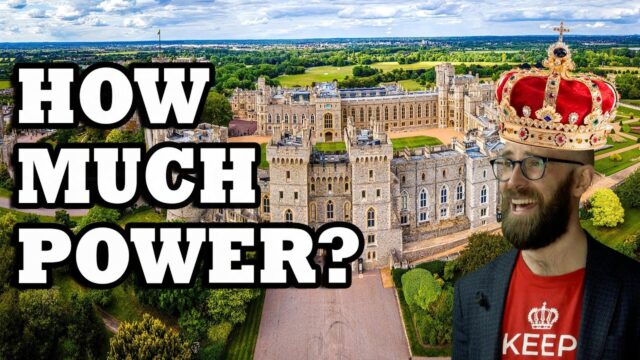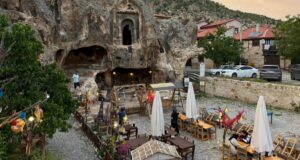“Unraveling the Myths: The Surprising Reality of Medieval Monarchical Power Revealed!”
In other words: the King needed the consent of the barons and the clergy before imposing new taxes. And what if the King tried to confiscate goods instead of cash? It stated,
‘No sheriff, royal official, or other person shall take horses or carts for transport from any free man, without his consent … Neither we nor any royal official will take wood for our castle, or for any other purpose, without the consent of the owner.’
Of course, there was always the risk that the judicial system could be manipulated to get rid of adversaries, and confiscate their lands and possessions. Well, not any more in theory, as it states:
‘In future no official shall place a man on trial upon his own unsupported statement, without producing credible witnesses to the truth of it.’
Which is followed by our favourite clause, which reads like a poem:
‘To no one will we sell,
to no one deny, or delay,
right or justice’
The Charter also features interesting articles about freedom of movement:
‘It shall be lawful for any man to leave and return to our kingdom unharmed and without fear, by land or water, preserving his allegiance to us, except in time of war, for some short period, for the common benefit of the realm.’
And then we come to the Council of Barons:
‘The barons shall elect twenty-five of their number to keep, and cause to be observed with all their might, the peace and liberties granted and confirmed to them by this charter.’
So, there you go, some hard checks to prevent the British monarchs from doing as they please!










